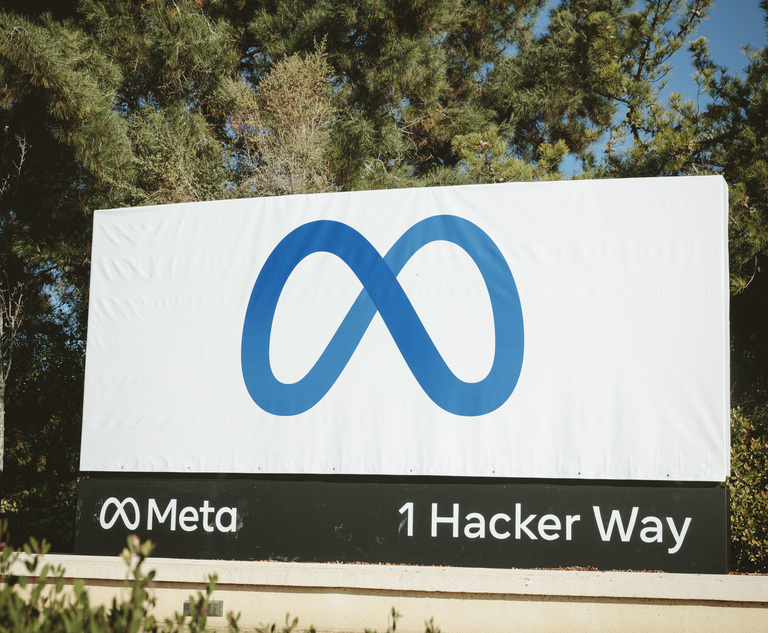Developing software in-house can be highly beneficial. An in-house software team is well aware of the company policies and brand guidelines and can tailor the software creation process and rollout to better comport with company priorities and synergistic aims. Moreover, since developers are closely monitored by management—at least relative to most off-site developers—the company can catch inefficiencies at the outset and in turn mitigate an inability to meet often strict development timelines. Conversely, in-house development is inhibited by the need to hire employees with selective expertise, which can be a lengthy process if nothing else because of negotiations and bureaucratic red tape seemingly endemic to larger businesses. In addition, training in-house employees on a single project involves imparting customized skills and knowledge not easily transferable to other software products. Outsourcing is prevalent for a reason.
One other obvious pitfall to contracting with an external software provider is an increased penchant for disputes to be resolved in litigation. This outcome is particularly prevalent when contractual realities conflict with rapidly evolving business priorities. For example, the Delaware Chancery Court (the court perhaps most associated with corporate governance and shareholder litigation), turned to a contract dispute with respect to if and when a software licensee can terminate a license for externally-provided software upon development of its in-house software. In Silver Mgmt. Grp. v. AdvisorEngine, C.A. No. 2018-0421-KSJM, 2019 WL 125553 (Del. Ch. March 18, 2019), the court dealt with a software license dispute that concerned both the payment and term provisions. It found for the licensor on the term issue and the licensee on the fee issue.


 Richard Raysman and Peter Brown
Richard Raysman and Peter Brown




